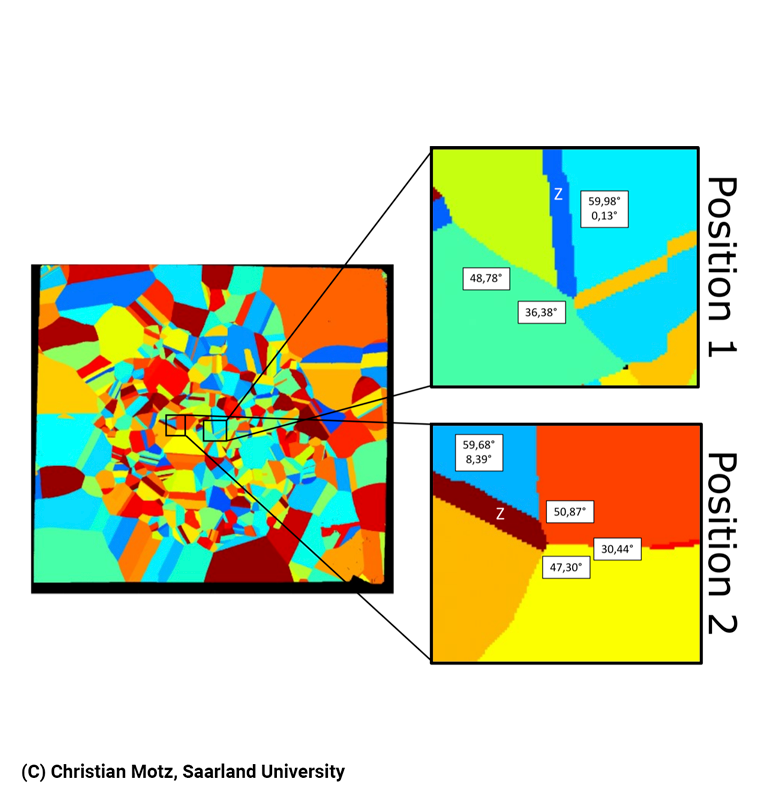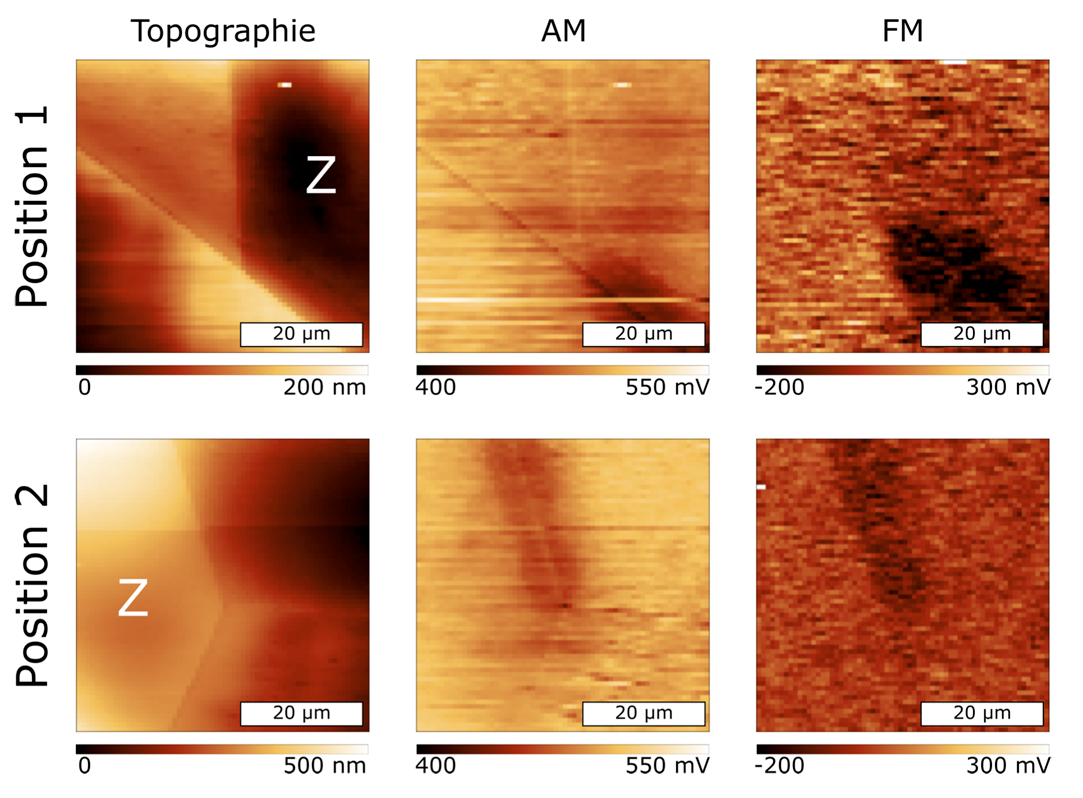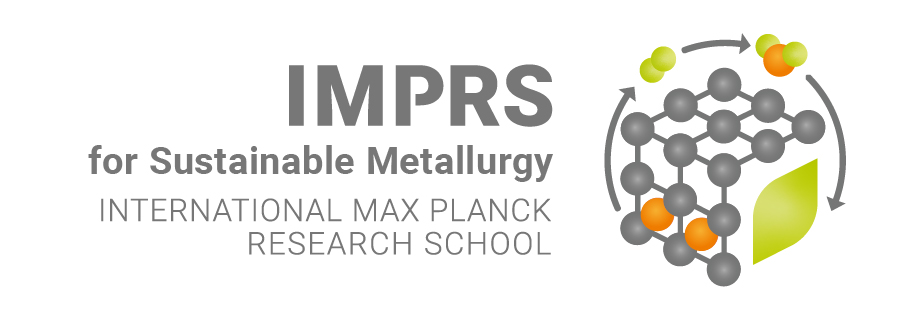Hydrogen effects on the deformation and fracture of alloys
Speaker: Prof. Christian Motz, Head of Chair of Experimental Methods in Material Science, Department of Material Science and Technology, Saarland
University
Host: on Invitation of Prof. Gerhard Dehm
abstract:
The increasing demand on lightweight structures requires high-strength materials. However, with increasing strength many materials show an increasing susceptibility to hydrogen embrittlement. Hence, it is of vital interest to understand the mechanisms of hydrogen embrittlement. Hence, we tried to study the interaction between crystal defects (e.g. grain boundaries and dislocations) with hydrogen atoms. For this reason, we developed several techniques in order to quantify the impact of hydrogen on material properties like elastic modulus, hardness, activation energy for dislocation nucleation and diffusion of hydrogen. Furthermore, emphasis was also laid on the global and local detection of hydrogen. Results of this work could be used for GB engineering by thermo-mechanical processing or new sophisticated processing techniques to generate a high fraction of special grain boundaries that exhibit a strong resistance to embrittlement.




